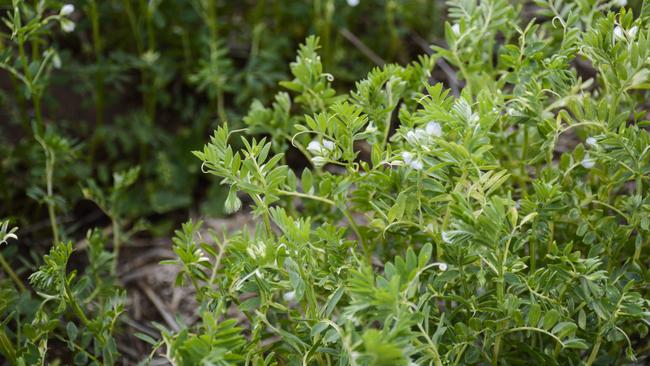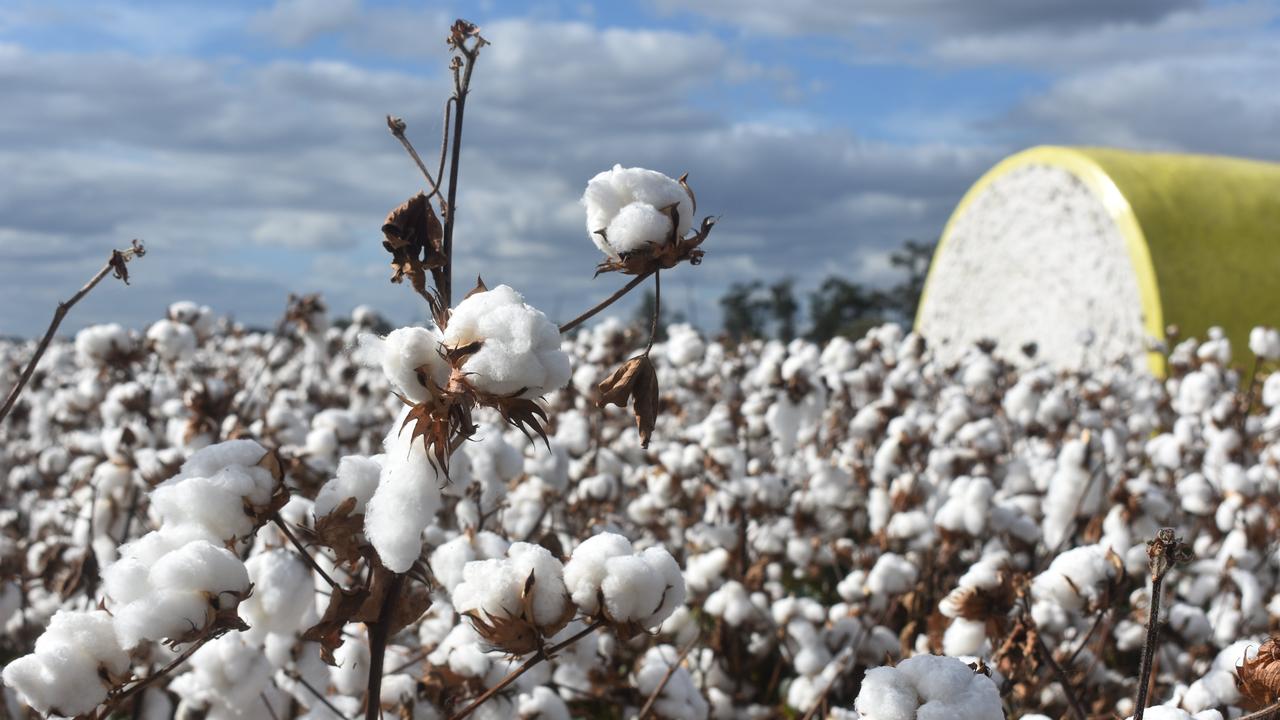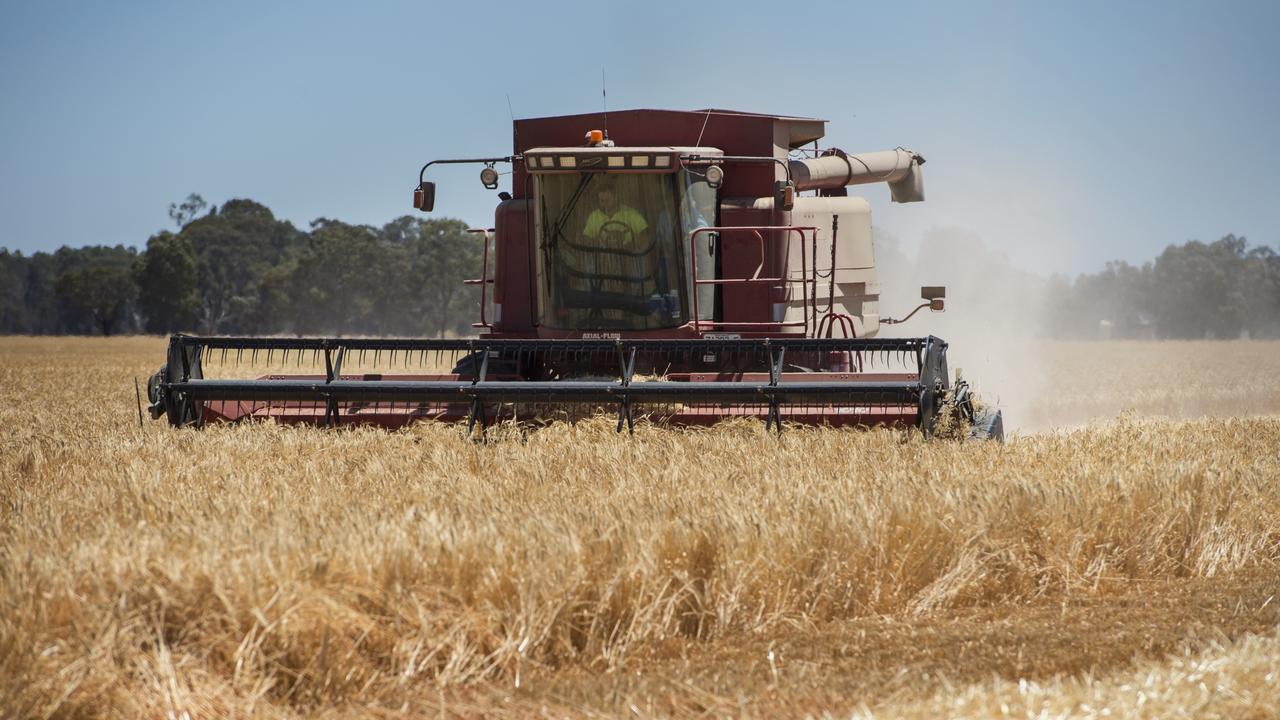Rabobank: Grain industry opportunity to capitalise on rising plant-based food demand
The grain industry has the chance to capitalise on the global demand for plant-based foods. But first they must invest in infrastructure.

AUSTRALIA’S grain growers have an opportunity to capitalise on the growing demand for plant-based alternative foods but need to invest in fractionation plants used to extract protein, starch and fibre components.
Rabobank senior grains and oilseeds analyst Cheryl Kalisch Gordon said Australia had more than enough plant-based protein to meet the current relatively small local market for meat substitutes but capitalising on further demand domestically and globally depended on the type of plant protein required.
Dr Kalisch Gordon said the limited number of local fractionation plants was also a stumbling block.
She said there was a faba bean and lentil fractionation plant in Victoria and another being trialled in Western Australia.
She said about half the plant-based meat substitute products on supermarket shelves in Australia were imported from overseas ready to eat.
“For locally-manufactured plant-based substitutes, the majority of wheat proteins used are local, but overall, most of the plant proteins are imported as isolates, concentrates, textured proteins or partially-transformed ingredients,” she said.
Part of that was due to a preference for soyabean fractions but Australia producing a small crop.
Dr Kalisch Gordon said the grain industry needed to collaborate more with Australian plant-based meat manufacturers to capitalise on strong local and domestic demand.
“The industry will need to work with manufacturers who can achieve superior retail margins
by capitalising on the Australian provenance and non-GM (genetically-modified) plant
proteins that Australia can produce at volume,” she said.
She said Australia’s large surplus of non-GM canola and a mature crush sector could also underpin canola-protein supply capacity and, on the basis of extractable protein, canola,
dried peas, faba beans, and lupins, in particular, could all be domestically sourced at costs
competitive to wheat protein.
While chick peas and lentils were two of the pulse crops most widely available in Australia,
the higher cost of their protein put the country at a disadvantage compared with Canada,
the other major global pulse producer and exporter which has higher volumes of dried
peas available.
MORE


